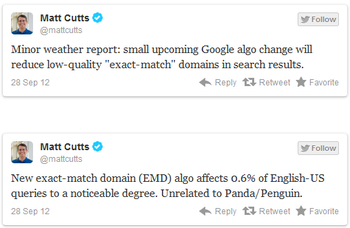Getting your posts out to the masses is one of the hardest parts of writing online. Just publishing them isn’t even close to enough. The good news is, it has never been easier to share on the internet thanks to socia media.
Promoting your content is absolutely a part of getting it in front of other people, and you have to do the promoting yourself. The easiest way to think about it is to ask yourself “why should anyone care about my content, if I don’t care enough to promote it?”
There is no shame in pushing your content in front of the eyes of others. Of course, there is a line where pushing it onto others can be a turn off, but its way better than toiling in obscurity.
Jordan Kasteler, columnist from Search Engine Land, has nine different methods he uses to promote his content online. It may seem weird to put your work out there in front of others at first, but its the only way to get your content out there. In a world where content marketing is a huge part of SEO, its important to get people sharing your work.







